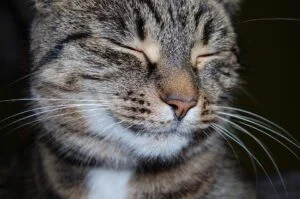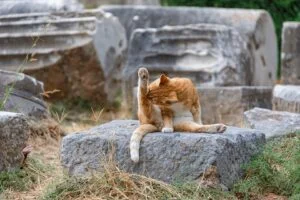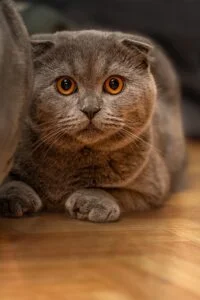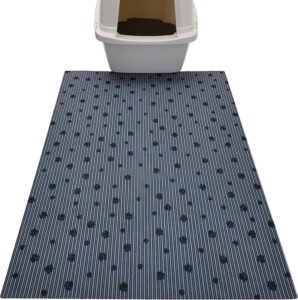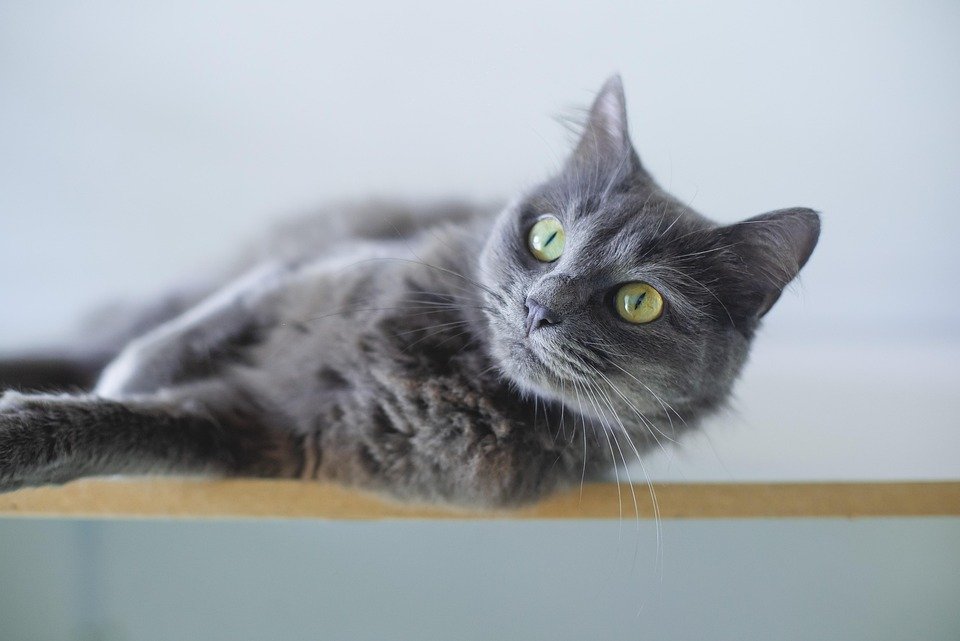
Adopting a cat can be a fulfilling and heartwarming experience, providing companionship and joy. However, it is crucial to understand the financial responsibilities that accompany this commitment. Beyond the initial adoption fees, there are several ongoing costs that prospective cat owners should consider. This article delves into the true costs of cat adoption, offering a comprehensive guide for those considering bringing a feline friend into their home.
The Initial Adoption Fee
The first cost associated with cat adoption is the adoption fee. This fee varies widely depending on the rescue organization, the cat’s age, breed, and health status. Typically, adoption fees range from $50 to $150, but purebred or rare breeds might cost more. These fees usually cover basic veterinary care, such as vaccinations, spaying or neutering, and a microchip. It’s essential to ask the rescue organization what is included in the adoption fee to avoid unexpected expenses later.
Basic Supplies
Once you’ve adopted your cat, you’ll need to invest in some basic supplies to ensure your new pet is comfortable and well-cared for. These initial supplies include:
- Cat Carrier: Essential for safely transporting your cat, a good-quality carrier costs between $20 and $50.
- Litter Box and Litter: A decent litter box costs around $15 to $30, and monthly litter costs can add up to $15 to $25.
- Food and Water Bowls: Basic bowls cost between $5 and $20. Consider investing in non-slip, easy-to-clean materials.
- Cat Bed: Cats love their comfort, and a bed can range from $10 to $50 depending on style and materials.
- Scratching Post: To protect your furniture, a scratching post is a must. Prices range from $10 to $100 based on size and quality.
- Toys: Keeping your cat entertained is crucial for their mental health. Budget around $10 to $30 for initial toys.
Overall, you should expect to spend approximately $100 to $300 on these initial supplies.
Ongoing Expenses
Food
Feeding your cat is a significant ongoing cost. The price of cat food varies based on brand, quality, and whether it’s dry or wet food. On average, expect to spend $20 to $50 per month on cat food. It’s wise to invest in high-quality food to ensure your cat’s health and longevity.
Veterinary Care
Regular veterinary care is essential for keeping your cat healthy. Annual check-ups, vaccinations, and preventative medications (such as flea and tick treatments) are necessary. Expect to spend around $100 to $300 annually on routine veterinary care. Additionally, unexpected illnesses or emergencies can arise, costing hundreds or even thousands of dollars. Having pet insurance or setting aside an emergency fund for veterinary expenses is advisable.
Grooming
Cats are generally low-maintenance when it comes to grooming, but long-haired breeds may require more attention. Regular brushing helps prevent matting and reduces shedding. Investing in a good brush can cost around $10 to $30. Some owners opt for professional grooming services, which can cost $30 to $70 per session.
Litter and Cleaning Supplies
Litter is a recurring expense, with costs averaging $15 to $25 per month. Additionally, cleaning supplies such as litter scoopers, mat pads, and deodorizing sprays should be factored into your budget.
Pet Insurance
Pet insurance can help mitigate the costs of unexpected veterinary expenses. Monthly premiums range from $10 to $30, depending on the coverage and your cat’s age and health. While not mandatory, insurance provides peace of mind and financial protection in case of accidents or illnesses.
Potential Additional Costs
Boarding or Pet Sitting
When traveling, you’ll need to arrange for your cat’s care, either through pet boarding facilities or hiring a pet sitter. Boarding costs range from $15 to $30 per day, while pet sitters may charge $15 to $50 per visit.
Behavioral Training
Some cats may exhibit behavioral issues that require professional intervention. Behavioral training or consultations can cost $100 to $300, depending on the complexity of the issue and the duration of the training.
Home Modifications
To accommodate your cat, you may need to make some modifications to your home. This could include installing cat shelves or perches, which can range from $20 to $100, or investing in pet-friendly furniture.
Time and Emotional Investment
While this article focuses primarily on the financial costs of cat adoption, it’s important to acknowledge the time and emotional investment required. Cats need attention, companionship, and mental stimulation. Ensuring you have the time and energy to devote to your new pet is just as crucial as budgeting for their care.
Conclusion
Adopting a cat is a lifelong commitment that involves both financial and emotional responsibilities. By understanding the true costs of cat adoption, you can make an informed decision and provide the best possible care for your feline companion. While the expenses can add up, the joy and companionship a cat brings to your life are truly priceless. Preparing for these costs ensures that you and your furry friend can enjoy a happy, healthy life together.
